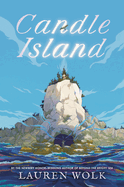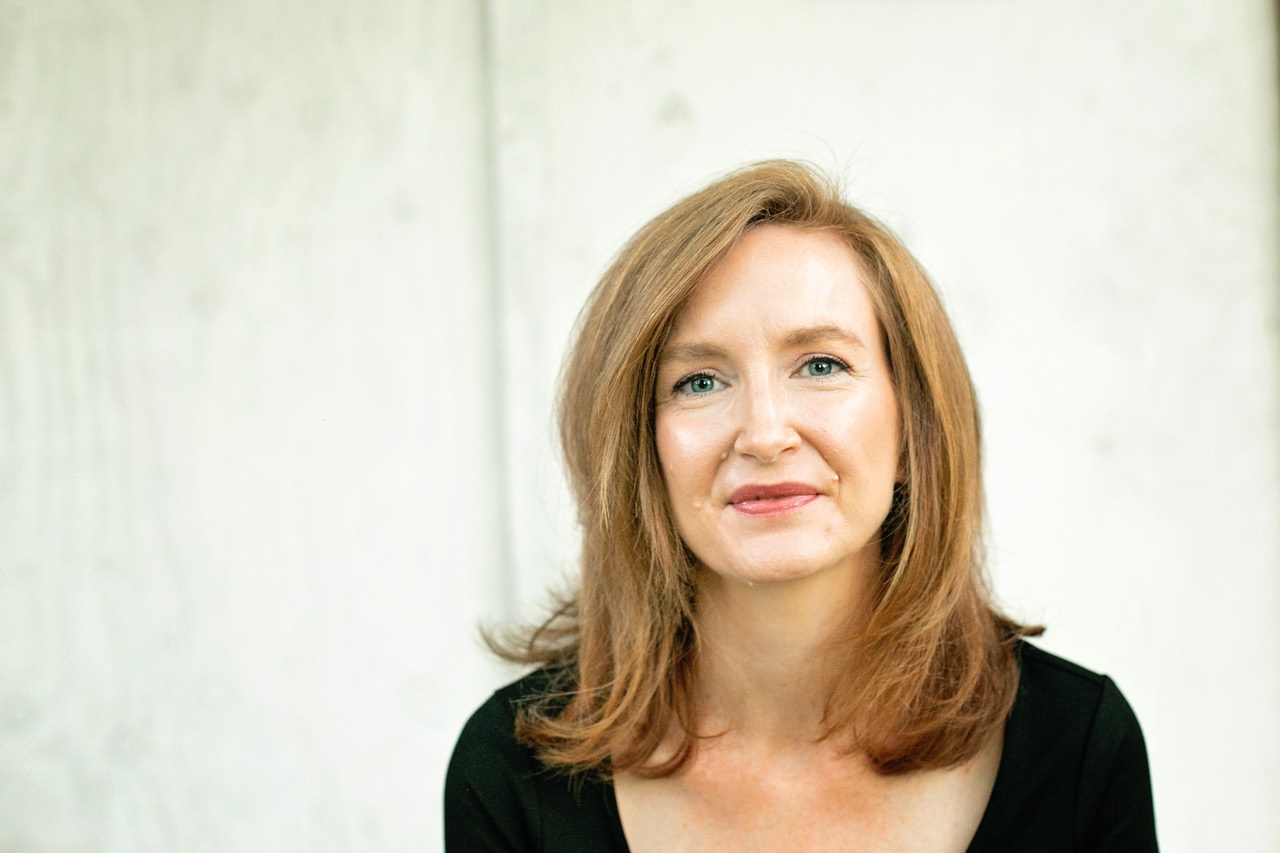 |
| photo: Little Blue Canoe Photography |
Nancy Reddy is the author of the poetry collections Pocket Universe and Double Jinx, a winner of the National Poetry Series. With Emily Pérez, she's co-editor of The Long Devotion: Poets Writing Motherhood. She also writes the newsletter Write More, Be Less Careful. Her most recent book is The Good Mother Myth (St. Martin's Press, January 21, 2025), which unpacks and debunks the bad ideas that have for too long defined what it means to be a "good" mom.
Handsell readers your book in 25 words or less:
If you think your actual kids are pretty great but "being a mom" is kind of a scam, The Good Mother Myth is for you.
On your nightstand now:
Louise Penny's The Grey Wolf. I started reading her Armand Gamache series when I was on a trip with my husband to Montreal and Quebec City, and I've been a huge fan ever since. They're such perfect cozy mysteries: twisty and well-plotted with delicious food--so many amazing sandwiches and pastries! And I really love how the characters and their relationships to each other have evolved across the series.
Favorite book when you were a child:
I remember being totally transfixed by Island of the Blue Dolphins by Scott O'Dell and Hatchet by Gary Paulsen, which I'm realizing now are both about kids who have to fend for themselves. My childhood was a safe one, but I did often feel like an oddball, and I think the idea of a kid main character being totally on their own and handling it so well must have appealed to me.
Your top five authors:
Anne Carson, Louise Glück, and Anne Sexton are the poets who first shaped what I thought writing could be. I remember picking up Anne Sexton's Love Poems at the library when I was probably 16 and just being riveted.
I really admire how Katherine May is able to interweave narrative with reflection and research. Her books feel so organic, but I know they're the result of really deep thinking. I particularly loved Wintering, and I'm waiting for the right moment to reread Enchantment.
Jenny Odell, who wrote How to Do Nothing and Saving Time, is one of my favorite thinkers. She puts wildly different things alongside each other--Thoreau, Beavis and Butthead, philosophy--in a way that feels compelling and produces genuine insights. I developed a class, "Resisting the Attention Economy," based on How to Do Nothing, and every time I read the book with students, I discover more in it.
Book you've faked reading:
I realized the other night that I don't think I've ever read any Charles Dickens. I was a writing major undergrad, so my education in literature is a little scattershot. I took an amazing course in realism and the history of the novel when I studied abroad in Dublin, and the professor really made me love Eliot's Middlemarch and Jane Austen. But I think we stopped there, historically. There's a lot of classic and contemporary literature I've read really deeply--and also things I've just totally skipped over!
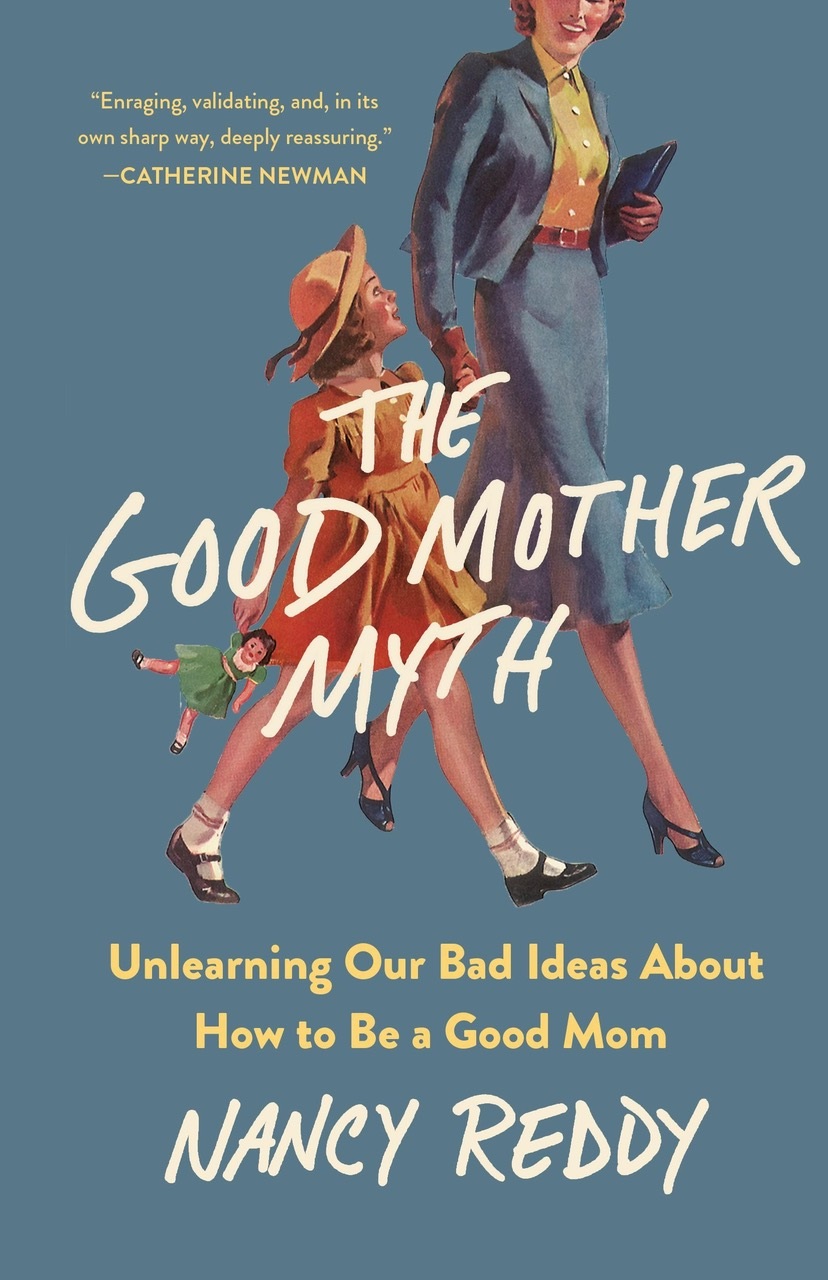 Book you're an evangelist for:
Book you're an evangelist for:
I loved Dani McClain's We Live for the We: The Political Power of Black Motherhood when it came out in 2019 (I wrote about it for Electric Literature) and it honestly feels even more relevant and important now. McClain's argument--that instead of fighting to ensure that our kids have the most and the best, motherhood can be a springboard into public service, and that Black mothers in particular show us how to work on behalf of all the kids in our community--is essential for the years ahead.
Book you've bought for the cover:
I didn't buy it for the cover--I was already a big fan--but Virginia Sole-Smith's Fat Talk: Parenting in the Age of Diet Culture has a gorgeous one. It's super bold and graphic, and it makes what can be at times really tough subject matter feel bright and important. I love a cover that can suggest something about the content and the mood of a book, and I think Fat Talk's does.
Book you hid from your parents:
I don't think my parents ever paid much attention to what I was reading! Though I remember getting in trouble once at my grandmother's house for reading a trashy paperback she thought was too grown-up for me--though in my defense, I'd pulled it off the bookshelf in my mom's old room!
Book that changed your life:
I bought a used copy of Carolyn Forché's The Country Between Us, which is about her time in El Salvador in the late '70s, when I was visiting my best friend in New Zealand. I remember reading it as I sat outside at a coffee shop in Wellington, feeling like I was perched on the edge of the world, all the way in the Southern Hemisphere. I'd come to poetry, as so many teenagers do, mostly to work out my own feelings, and those poems showed me that writing could also be a way of attending to the world--that you could turn that gaze outward. It showed me that if I wanted to keep writing, I needed to do something with my life, that it wouldn't be enough to just stay in school and keep having feelings and writing about them.
Favorite line from a book:
"Hating my body remains a waste of my time," from Angela Garbes's Like a Mother, the book I recommend to every newly pregnant friend.
Five books you'll never part with:
Annie Dillard's The Writing Life is always on my desk. Carmen Maria Machado's In the Dream House because it's a guide to the possibilities of memoir, and Claire Dederer's Monsters as a guide to the possibilities of criticism. When I was a teenager, I took Anne Sexton's The Complete Poems with me everywhere, and it's still got a treasured spot on my shelf. I stumbled across Megan Stielstra's The Wrong Way to Save Your Life during a writing residency years ago, and I may have snuck it into my suitcase for the trip home. Since then, I've read it, studied it, and taught from it; I hope the depth of my attention to it makes up for how I got it.
Book you most want to read again for the first time:
I loved Tana French's Dublin Murder Squad series, and I keep giving people In the Woods in the hopes that they'll get sucked into it, too. They're so twisty and smart, and French does an amazing job across the series of inhabiting the sensitivity of really different narrators. Now that I think of it, maybe it's been long enough that I could reread. Maybe I should try.
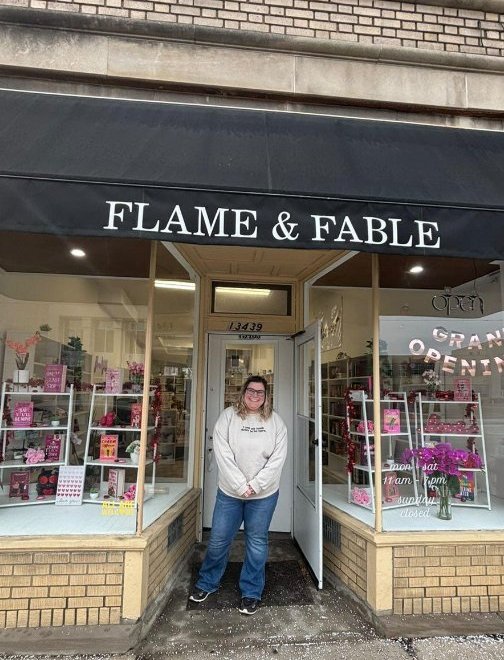 Lui, who became a romantasy genre aficionado during the past five years, told Cleveland Scene that opening up Flame & Fable "in the thick of an American romantasy craze isn't just some capitalistic grab. It's also, she said, a method of growing community around an ethos that's undeniably political."
Lui, who became a romantasy genre aficionado during the past five years, told Cleveland Scene that opening up Flame & Fable "in the thick of an American romantasy craze isn't just some capitalistic grab. It's also, she said, a method of growing community around an ethos that's undeniably political."










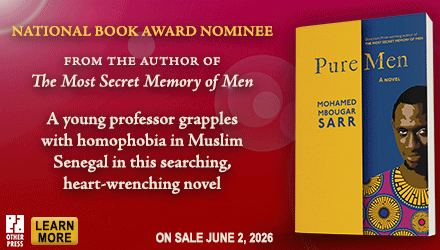
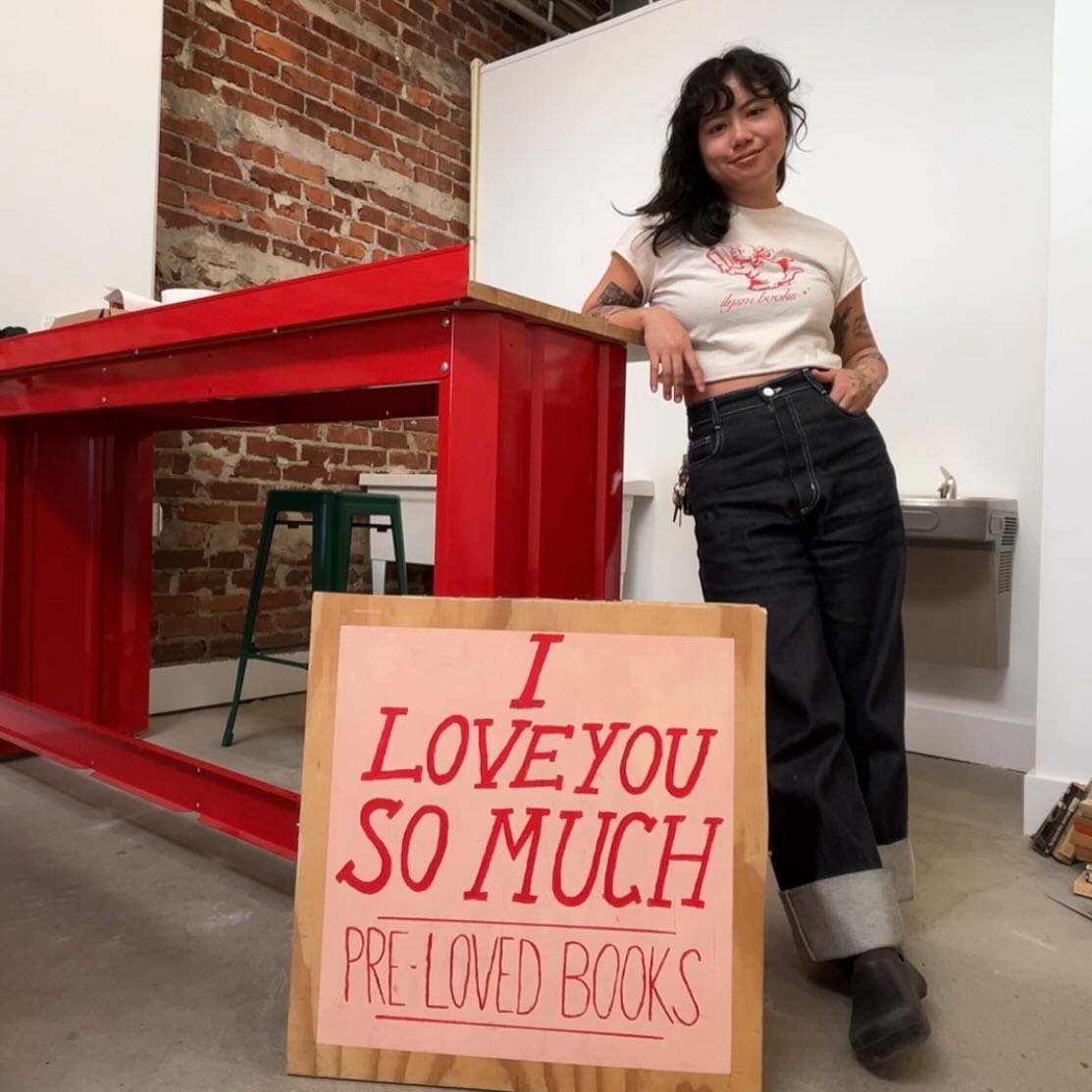

 The American Booksellers Association has announced the names of the 31 booksellers who will receive scholarships to attend this year's
The American Booksellers Association has announced the names of the 31 booksellers who will receive scholarships to attend this year's 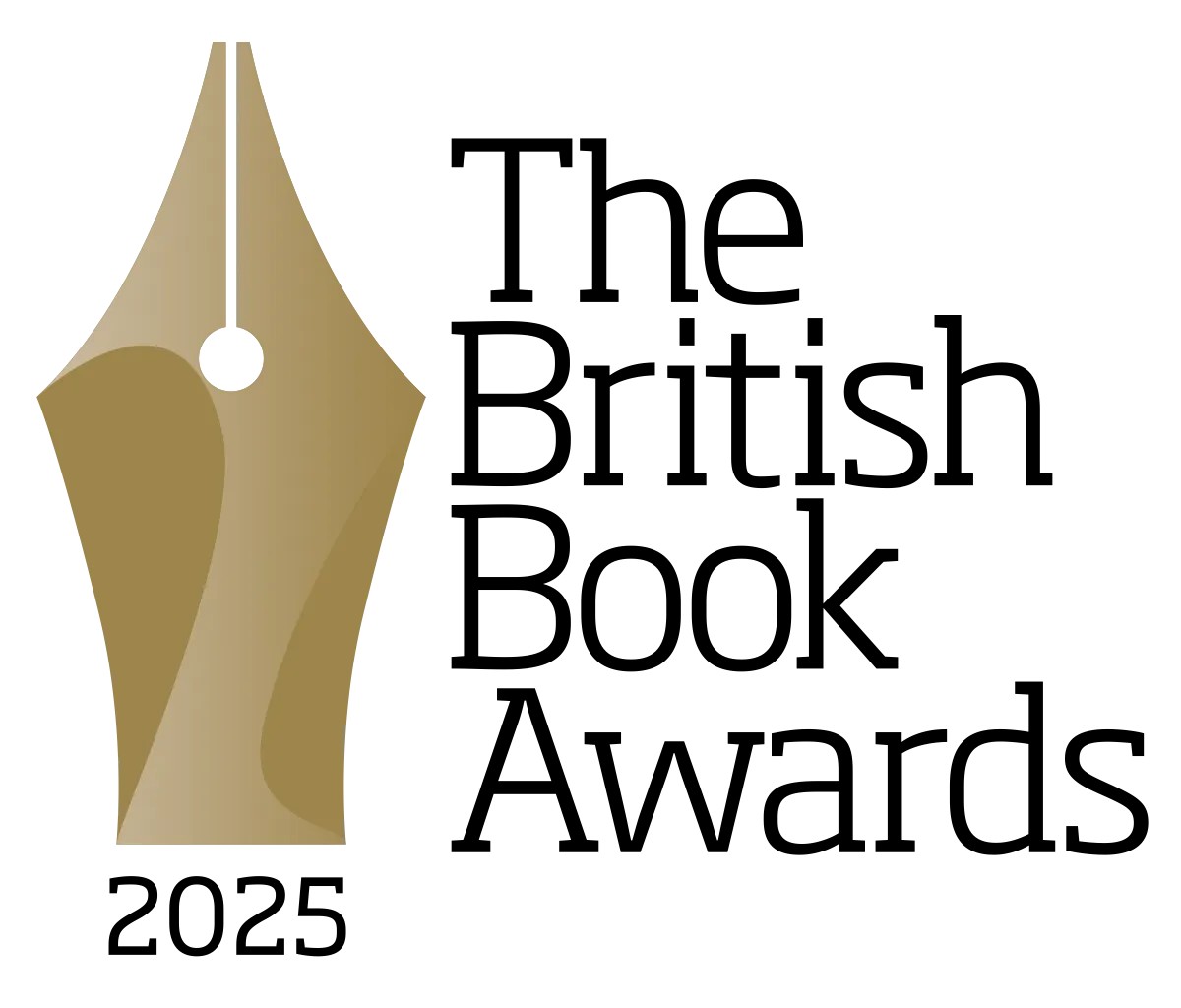
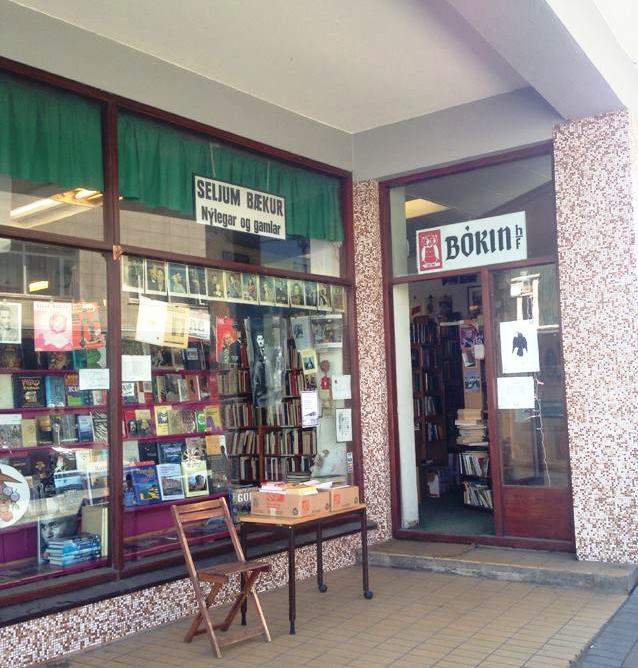 Ari Gísli Bragason, owner of
Ari Gísli Bragason, owner of 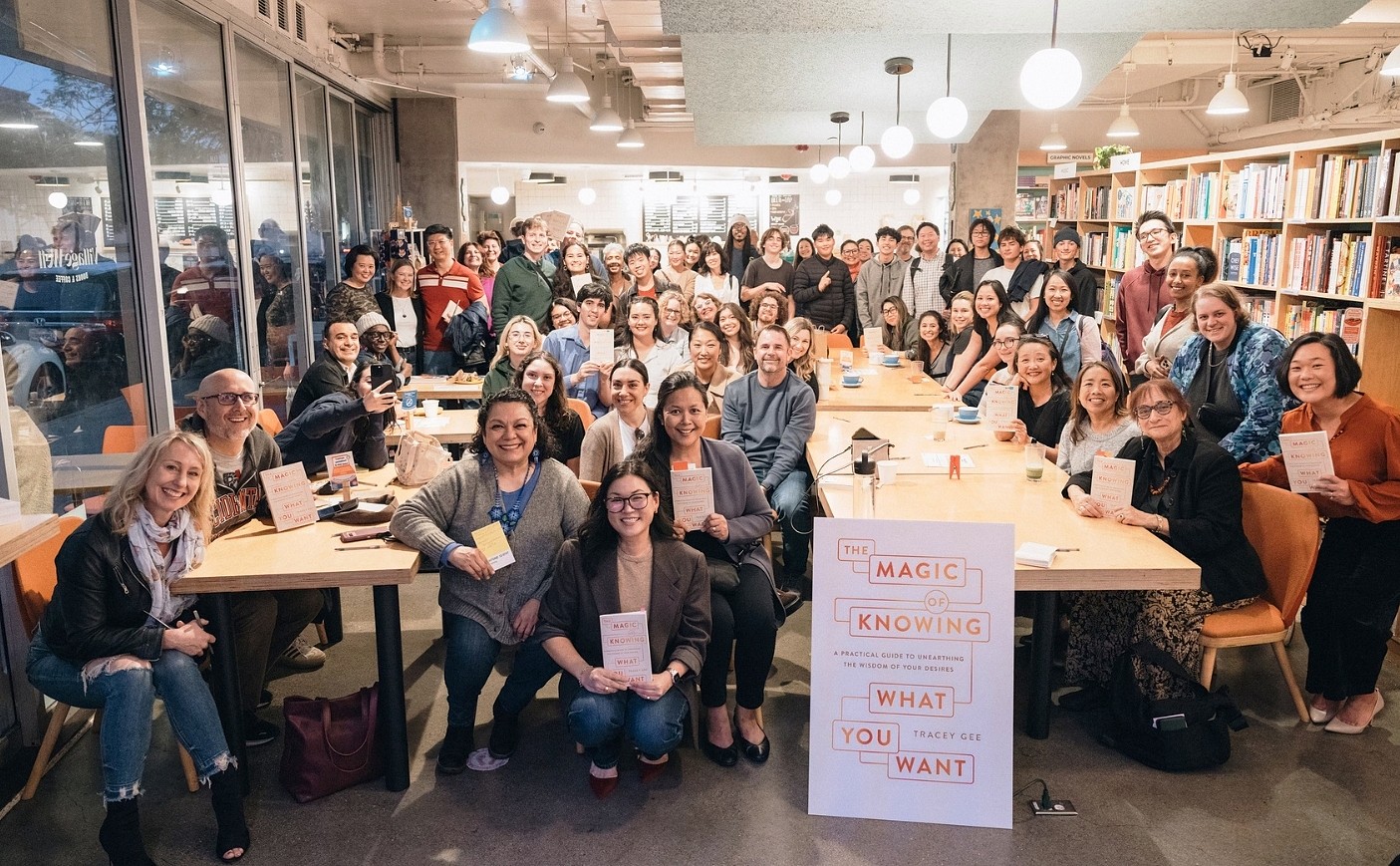
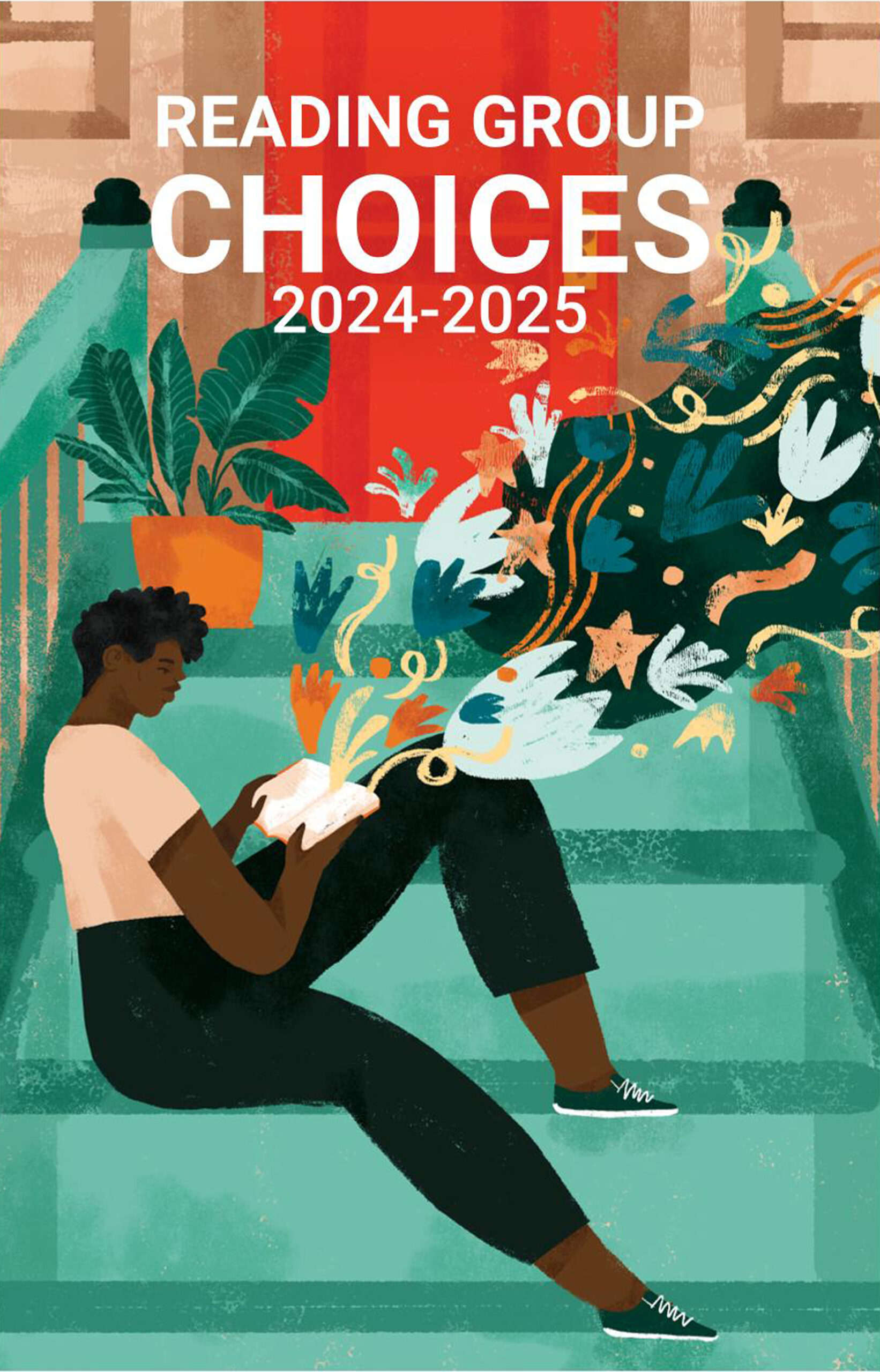
 Maddie Barrington, a member of the Third Monday Book Club at
Maddie Barrington, a member of the Third Monday Book Club at 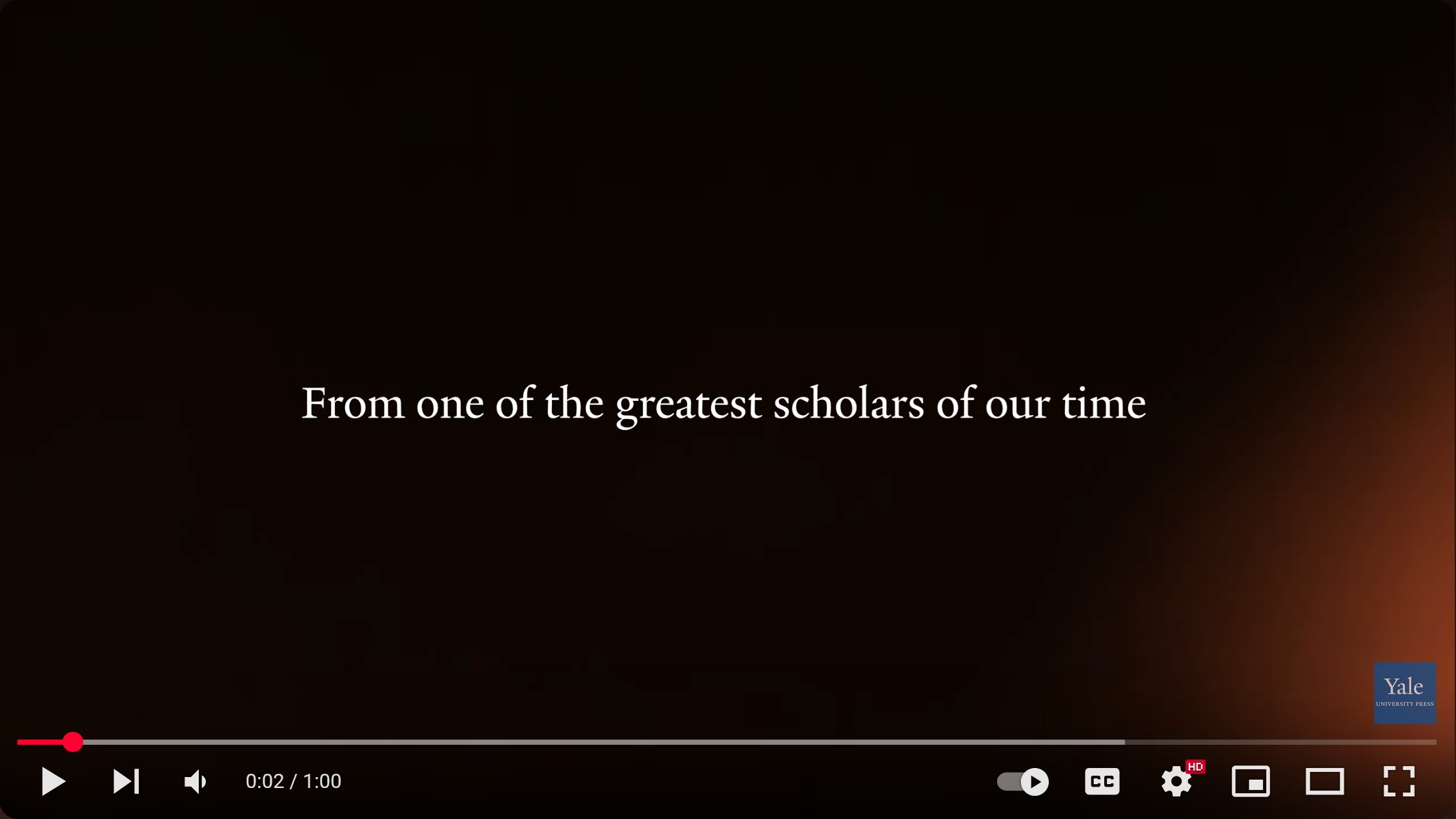 In Praise of Floods: The Untamed River and the Life It Brings
In Praise of Floods: The Untamed River and the Life It Brings
 Book you're an evangelist for:
Book you're an evangelist for: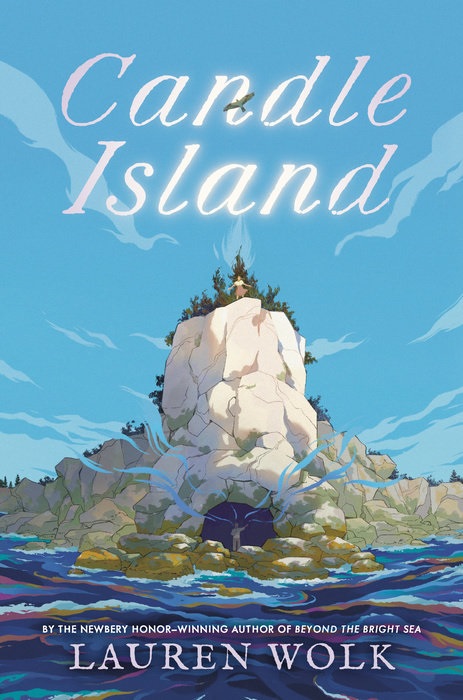 Newbery Honor-winning author Lauren Wolk (
Newbery Honor-winning author Lauren Wolk (